How Are Nurseries Teaching Children To Be Social?
By
2 years ago
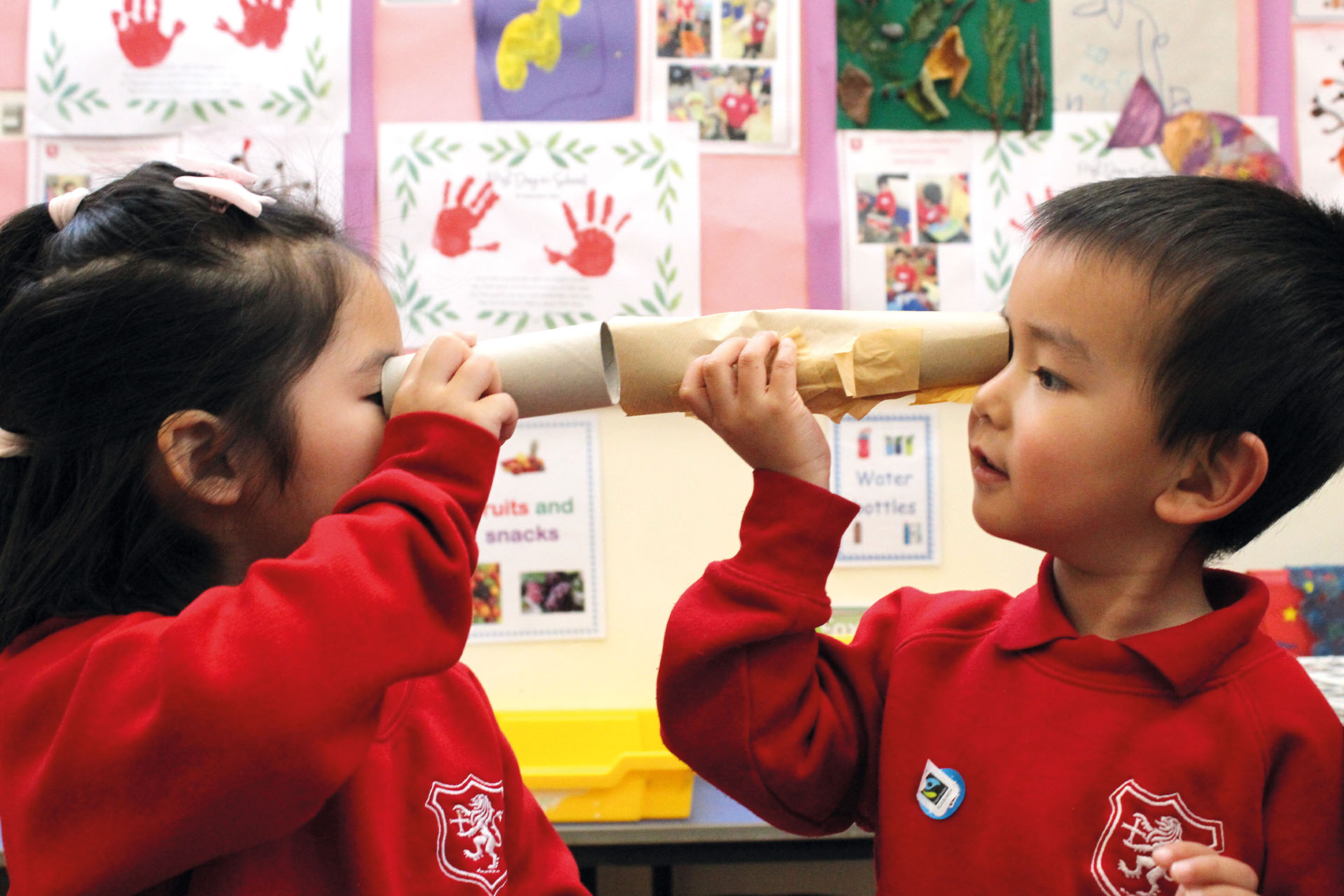
Thea Jourdan discovers how nurseries teach children the art of being social
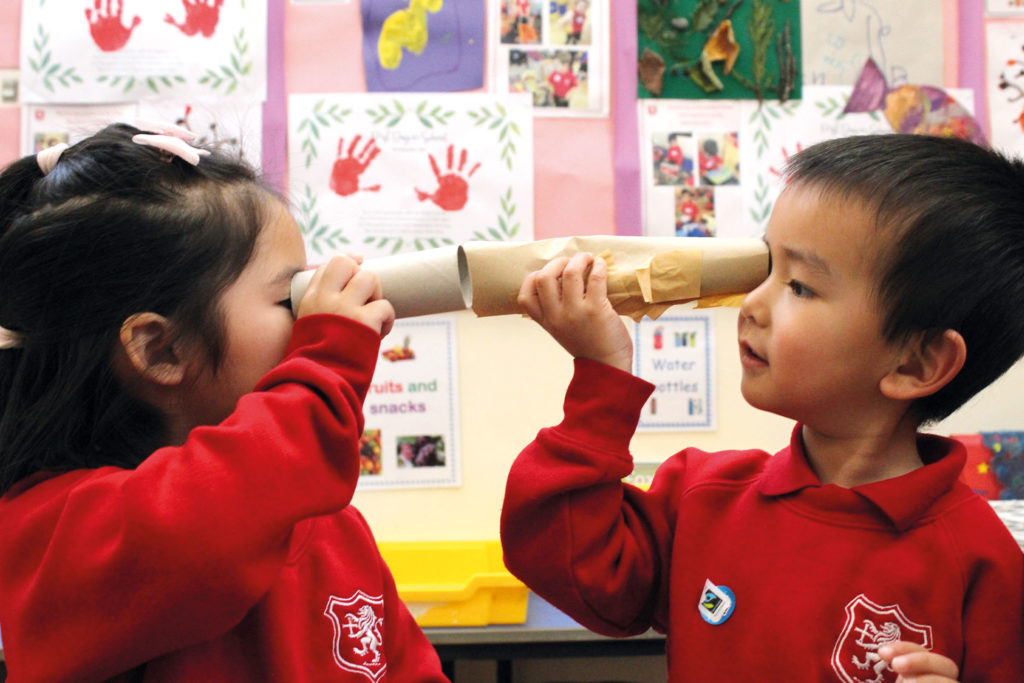
By the time children go to nursery school at the age of two or three, some of them will be exuberant and ready to make friends, and others will need encouragement just to get through the door. Nursery schools are ideal places where young children can learn the art of socialising and how to interact with others, and it takes some skill and judgment on the part of teachers and carers to ensure children develop at their own pace and find the process fun rather than daunting.
Professor Angelica Ronald, the Director at Genes Environment Lifespan laboratory, Centre for Brain and Cognitive Development at the Department of Psychological Sciences at Birkbeck, University of London says that early socialisation is ‘essential’ for a young child’s healthy development, although it can vary massively.
‘Just because your friend’s child is chatting away and yours isn’t, doesn’t mean there must be something wrong,’ Professor Ronald says, adding that social development is strongly intertwined with the development of communication.
And communication skills are vital not only for children’s cognitive development but for their emotional growth and cultural awareness. Jonathan Akhurst, Head of Shrewsbury House pre-prep and early years in Esher, Surrey, stresses that every child is unique and needs a different approach. ‘The key thing is that each child is an individual and we embrace them for who they are.’
Exuberance is encouraged, Akhurst says, although children, aged from three upwards, are taught that they have to consider the thoughts and feelings of others. Shy children benefit from the very successful buddy system that was brought in three years ago. ‘Every child that enters nursery has a buddy in Year 2 and they meet to play together, have lunch together and look out for each other,’ explains Akhurst.
‘It’s a way of developing confidence and social skills for the younger children while the older children gain a sense of personal responsibility while honing their leadership skills. We need our children to feel comfortable and safe as a baseline so they can grow as individuals.’
Empathy for others is also one of the school’s key focus areas, he says. ‘We encourage role modelling and carpet discussions when children talk about how they are feeling. All the children at the school are involved in performance and production, including leading assemblies, so they do get opportunities to express themselves in front of others.’
Children at The Willow Nursery School in London, are helped to overcome a major hurdle even before they even start. ‘I believe the biggest social challenge for our new children is that this will be the first time most of them will be leaving their family for a period of time and away from the only comfort zone they know,’ explains Tess Shepherd, Head of the independent nursery school in the heart of Clapham Old Town for two-and-a-half to five-year-olds.
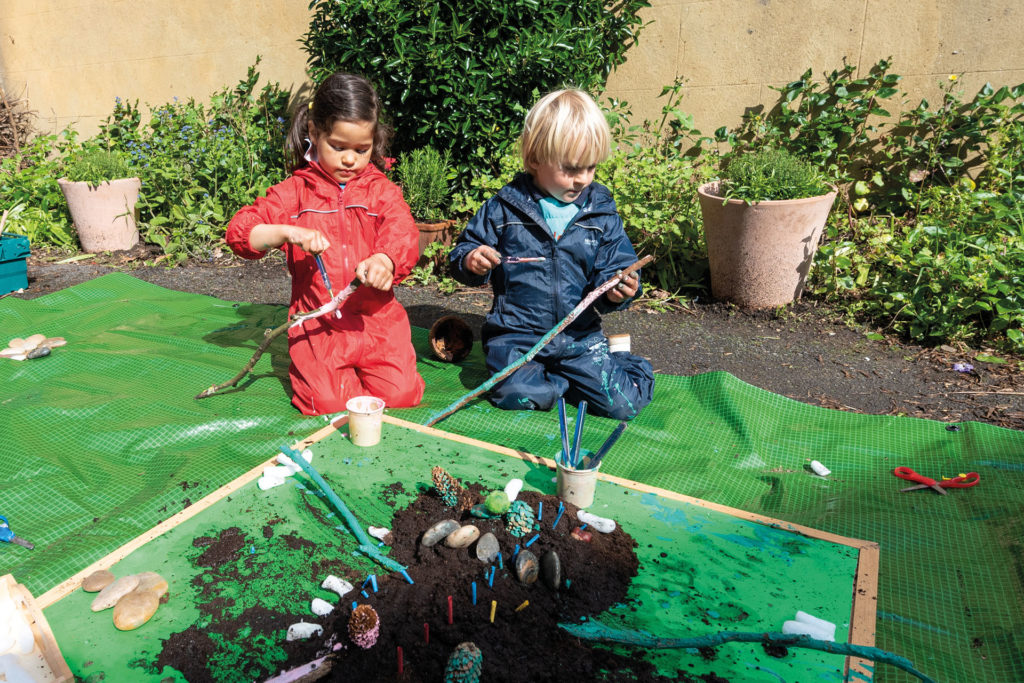
‘So for any new child starting at The Willow we have a morning where they can come in with their family and see The Willow Day in action for an hour and settle down to a small world activity. The day before they are due to start we invite them in again to pick up their smock, meet their teacher again and remember the setting. In essence we are providing and facilitating them with a really important bonding experience with ourselves and the other children in their class before they begin.’
She says Covid has had an impact on the children entering the school in the past few years. ‘We have noticed an impact on communication and language, social skills (sharing, for example) and resilience. However, it has been commented to me over the past two years, from parents, that the bond between siblings, because of lockdown, has become so strong because they couldn’t socialise with others and that can only be a strong positive for the future.’
Taking reminders of home to school – a special bunny, pillow or comforter – can help children feel more comfortable until they feel confident to manage without props. ‘The more confident the child becomes, the ‘special item’ can sit and watch them from the side, then in our going home box, then on their peg,’ says Tess Shepherd.
Developing friendships is also encouraged as a key way to provide a sense of security, belonging and reducing stress. ‘It provides them with invaluable tools related to personal, social and emotional development which is proven to boost happiness and self esteem and makes them have an understanding that there are similarities and differences between themselves and others.’
It’s not just children who are encouraged to make friends with their peers. The Willow Nursery School also places a major emphasis on helping parents to connect through a parent’s network and a Willow Family Whatsapp group.
Miss Daisy’s Nursery Schools in London, located in Chelsea, Hyde Park, Brook Green, Knightsbridge and Belgravia, say that they offer ‘a strong sense of community and a place where lasting friendships are formed.’ Zanna Clarke, Principal of the Miss Daisy Group, says that looking after the wellbeing of each child is of the utmost importance, with safety at the forefront. ‘Pastoral care is the most important part of what we do. In our schools, children feel safe and that there is love in the walls.’
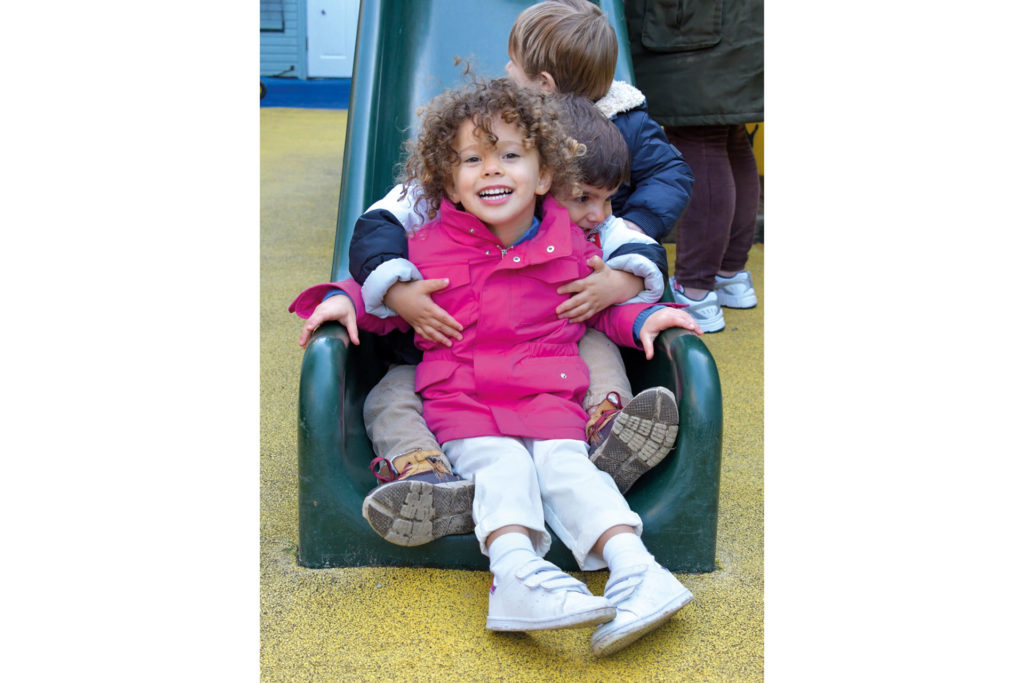
She points out that many of the children attending the nurseries in the heart of London are foreign nationals or speak multiple languages at home. ‘London in particular is a rich melting pot of different nationalities and many of our families come from overseas. In some cases, a child may have three different languages spoken at home – mum and dad, and the nanny all having different first languages.’
A welcoming environment is important for the parents, too. ‘As a mummy myself, it was really scary when I had to send my little boy to nursery school by himself for the first time,’ explains Clarke.
‘Even though I have spent my career working with children, and have told many other parents on a child’s first day that ‘everything will be fine’, it was still like cutting my right arm off when I had to walk away and leave him. Our team is very aware of the emotional vulnerability that many children can feel when they first start at nursery as often it is the first time they have been parted from their families – it is a big step for children and parents alike.’
The schools’ buildings are designed to allow children free flow through the space, so they can move between activities and make friendships more easily. The new Belgravia site has just been fully refurbished to create a child-centred space with an emphasis on sustainability, outdoor learning experiences and development of gross motor skills.
Education Content Manager Clare Robinson at N Family Club nurseries, based all over London and the South East, says children are given many opportunities ‘to develop their social skills, being gently supported to play cooperatively, take turns and share resources and understand respecting others personal boundaries and space. They also enjoy a wide range of social experiences, supporting their confidence to engage with others.’
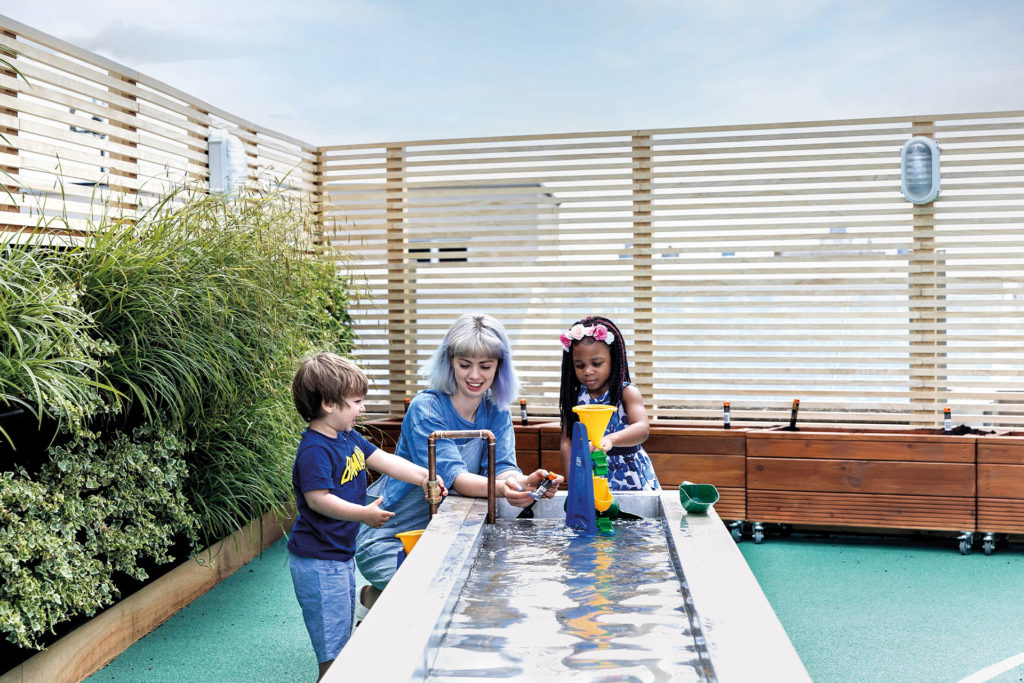
Families are brought in with opportunities to meet other members of the parent community and foster relationships. ‘When a child joins, it is not just about them becoming part of the nursery family but about their parents and other relations too.
‘This helps create a social atmosphere with lots of opportunities for interaction that also encourages many of our families to meet outside of the nursery. These relationships go on to exist even when children have moved on to primary school.’
And labels are left at the door, she says. ‘We purposefully do not label children as ‘shy’ but there may be children who find it more challenging to form social relationships, for a wide variety of reasons. We explore what these causes could be and plan specifically for children’s level of development, meeting them where they are at.
‘Some children may be naturally quieter or enjoy more time alone or one-to-one, whereas other children love to socialise and enjoy a group atmosphere, just as adults vary in these ways too.’
The nurseries are designed to provide the right spaces for all children’s needs, adds Clare Robinson.
‘Some children may prefer to communicate in a smaller space with fewer people, for others the outdoors is their most comfortable space. We ensure that these different opportunities are always available.’



